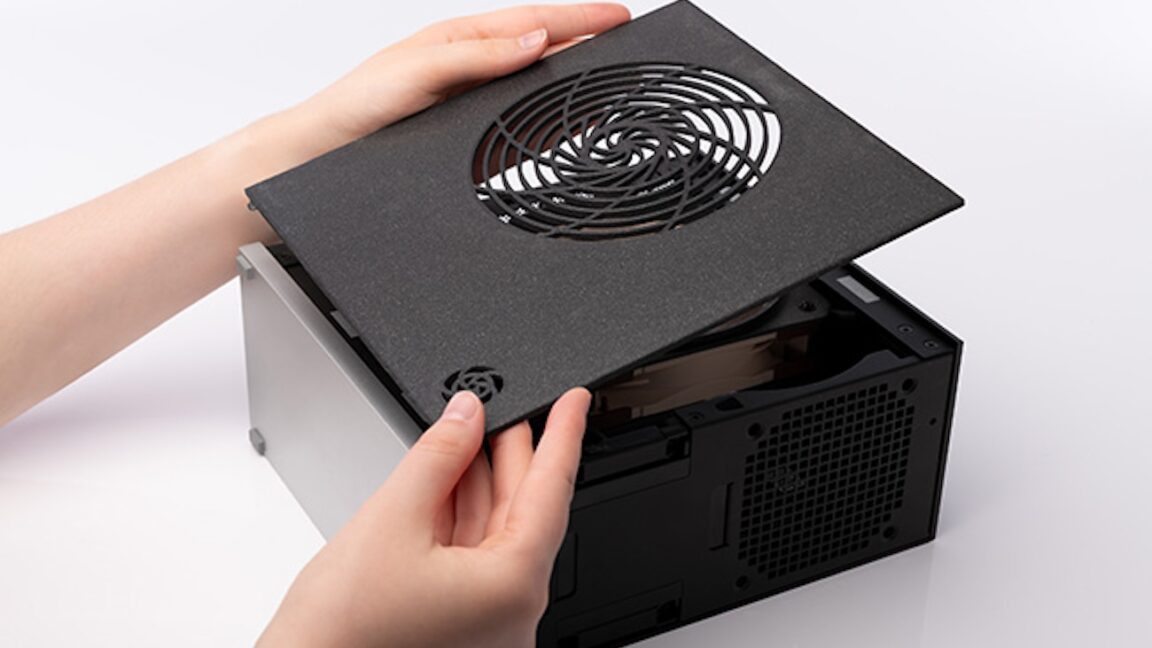
"Noctua had a couple of other interesting notes on the Framework Desktop's cooling system for people looking to make the system run cooler or quieter. First, Noctua noticed some temperature improvements when adding an 80 mm exhaust fan to the front of the system-this is supported, but it isn't the default cooling configuration-but found that the extra noise it added was disproportionate to the cooling benefit it provided."
""In summary, after a lot of simulation, experimenting and testing, we can conclude that not all tweaks to the Framework Desktop's cooling setup make sense," reads Noctua's blog post. "However, if you have access to a 3D printer, swapping the stock side panel and fan duct for the custom designed ones can help to make your unit run significantly quieter.""
"Noctua already had a hand in designing the Framework Desktop's stock cooling system. The NF-A12x25 fan is the default one that ships with the system, and the small fan duct that comes with the system is of Noctua's design. The default duct "plays a key role in efficiently channelling fresh ambient air from the surroundings into the PC case," and Noctua says it reduces system temperatures by 7° Celsius compared to the same components without the duct."
Noctua tested multiple cooling modifications for the Framework Desktop and found mixed results. Adding an 80 mm front exhaust produced temperature improvements but introduced disproportionate noise. Replacing the stock NF-A12x25 with an NF-A12x25 G2 lowered acoustic output but failed to maintain cooling under heavy load due to a lower 1,800 RPM ceiling versus 2,400 RPM. Noctua designed the default small duct and fan; the duct channels ambient air and lowers system temperatures by about 7° Celsius compared to setups without it. Free 3D-printable duct and side-panel models further improve noise and cooling; Framework endorsed the designs.
Read at Ars Technica
Unable to calculate read time
Collection
[
|
...
]